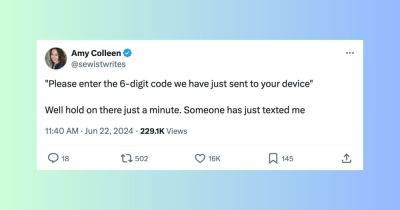Read This If You Regularly Go To Bed After 1 A.M.
You probably don’t feel your best when you stay up until the wee hours of the night. But beyond waking up groggy, new research says late bedtimes can actually harm your mental health.
In a recent study published inPsychiatry Research, experts analyzed sleep and health data from 73,888 people in the U.K. Biobank. Those who regularly went to bed after 1 a.m. were more likely to experience mental health disorders like depression and anxiety than those who went to bed before 1 a.m.
It didn’t matter if subjects classified themselves as early birds normally ornight owls (this is also known as your chronotype) ― going to bed after 1 a.m. hurt people mentally, the study found. In fact, night owls who went to bed after 1 a.m. were most likely to have mental health impacts. People who went to bed before 1 a.m. had the lowest amount of mental health diagnoses.
This study has some limitations: The people who make up the U.K. Biobank are mostly white and middle-aged or older, according to Dr. Indira Gurubhagavatula, a professor of medicine in the division of Sleep Medicine at the University of Pennsylvania, who is not affiliated with the study.
“And the way they decided which chronotype you are came from a single question, although they did use one that has been validated. But typically how we assess morningness or eveningness is with a much more thorough questionnaire that has a lot more detailed questions,” said Gurubhagavatula. Meaning, whether folks are really morning people or night owls may not be totally accurate in this study.
Additionally, researchers relied on mental health diagnoses data added by doctors. This type of reported data can be inaccurate or doctors can miss a diagnosis, Gurubhagavatula said. That said, she







